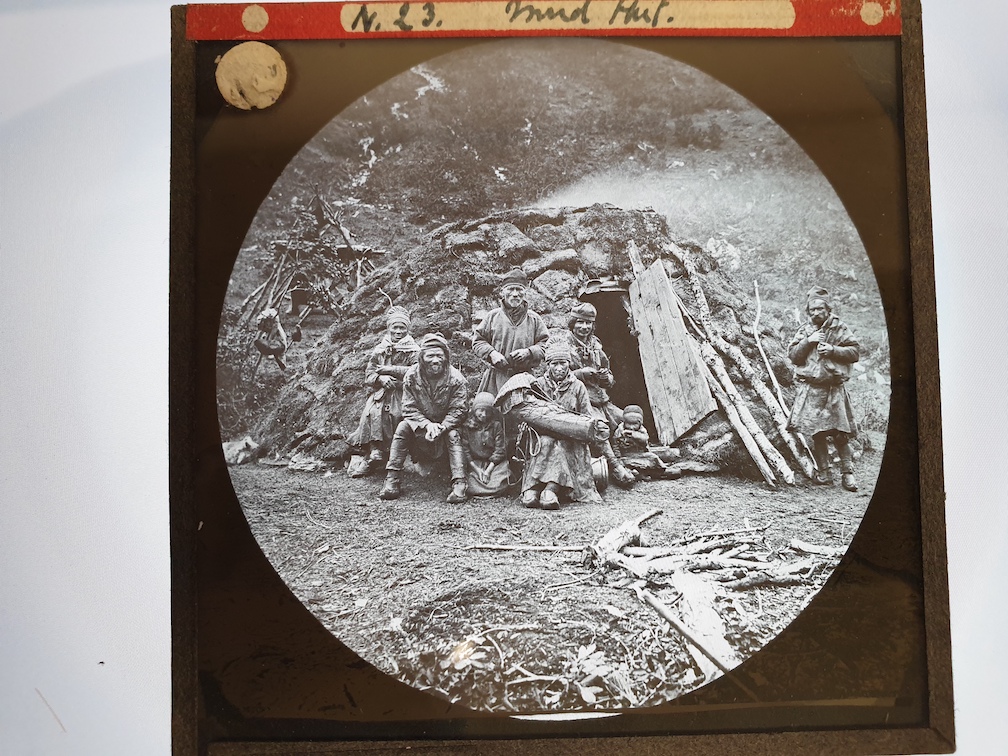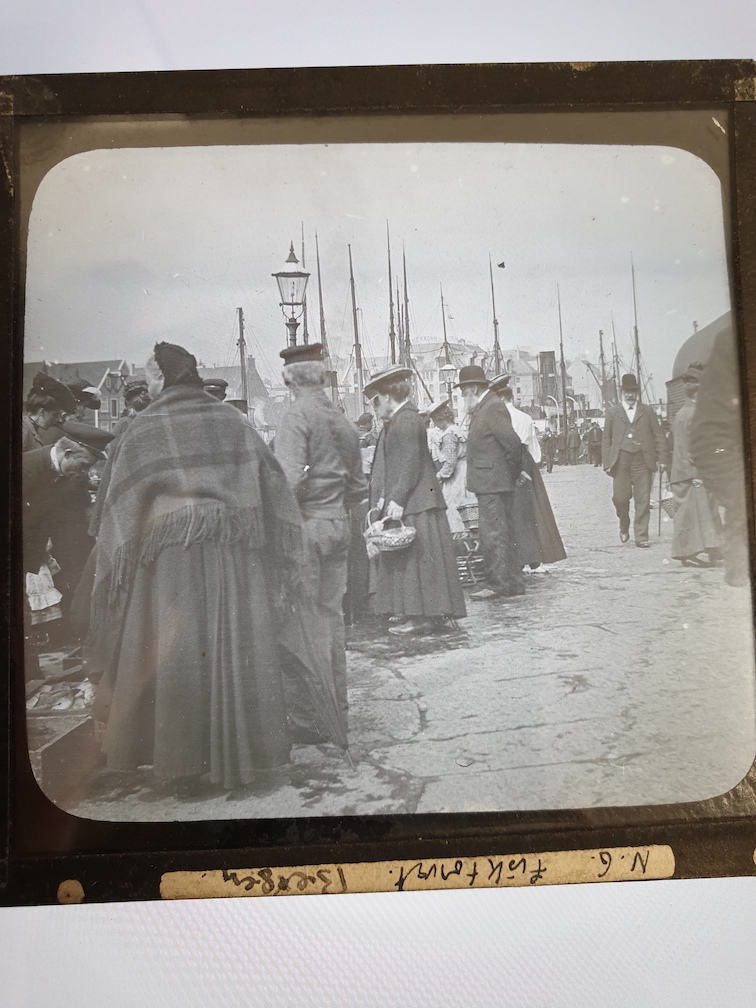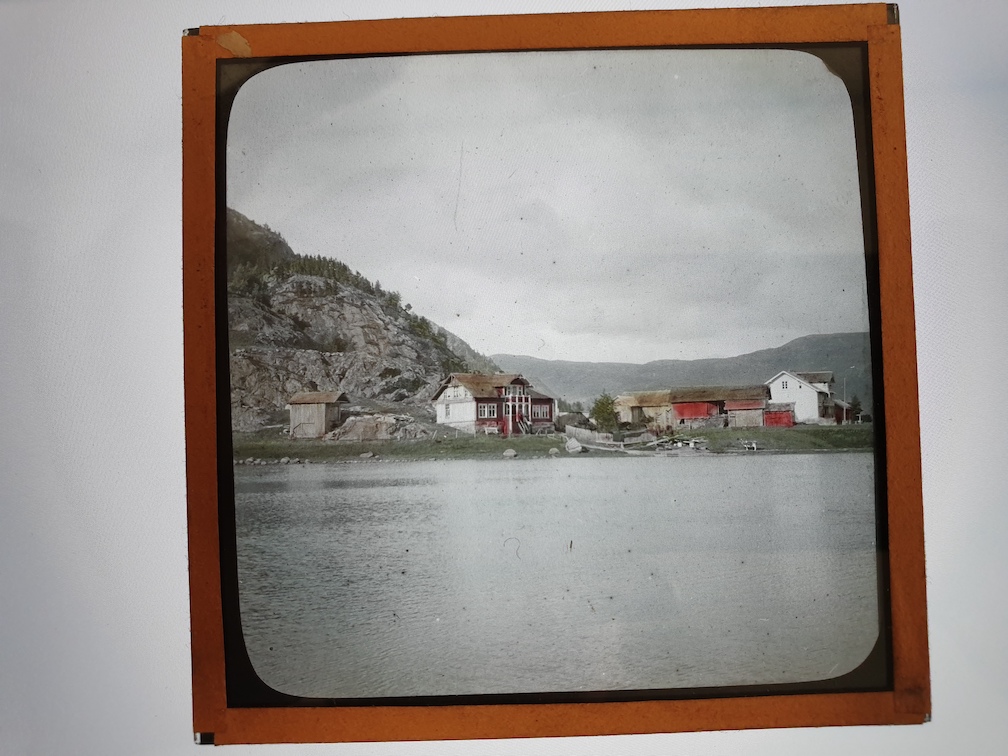Hey Heritage Quay! Where’s your COVID Mass Observation archive?
Across the GLAM (Galleries, Libraries, Archives and Museums) sector, there was a rush of calls in March and April asking for participants for mass observation-style projects, aiming to capture the everyday experiences of COVID-19. Subsequently, there has been a series of projects looking to document the Black Lives Matter 2020 protests. There’s a lot going on this year, and GLAM people want to make sure it’s documented for future researchers.
At Heritage Quay we seriously discussed the idea of doing a COVID project ourselves, asking for submissions from the general public in the form of diaries, audio visual materials etc but decided not to. We realised our efforts were better spent on making sure that our organisation, the University of Huddersfield, is documenting its approach to this unprecedented crisis, but that’s it for now. One of the things that we took into account was the multitude of other projects out there, which I’ve listed below. These were repositories better set up to take in and process the contributions, and were often more relevant for communities. We would just be adding more noise into the mix.
We are considering setting up activities for staff and students at the University to contribute when campus has reopened, which would be more about processing through creative activity or conversation with the option of donating afterwards. For us, this feels like the right approach.
Some recent writing has raised interesting questions about this impulse of cultural institutions to collect in times of crisis and how much they exploit people’s grief (read this link). We’d love to know your thoughts on this.
On balance we don’t consider these projects, which are asking people to share their potential trauma, to be exploitative, if they are done right but we are aware that that can be a tricky line to tread. If you are creating a document of your experience at home, and are thinking of donating it somewhere, check out national and local projects and find the one that feels right to you.
As always, stay safe, and we hope to see you at Heritage Quay soon
Some projects for you to consider:
CoronaDiary at University of Swansea (link)
Lockdown Diaries at Lambeth Archives (link)
Covid Diaries in Leeds (link)
Community, Covid & You at the Open University (link)
OVID-19 Diaries for Salisbury at Salisbury Museum (link)
West Yorkshire Archive Service (link)
COVID-19 Pandemic Project at FACHRS (link)
West Sussex Archives (link)
And of course, the 12th May MO project at the University of Sussex did this over one whole day (link)






